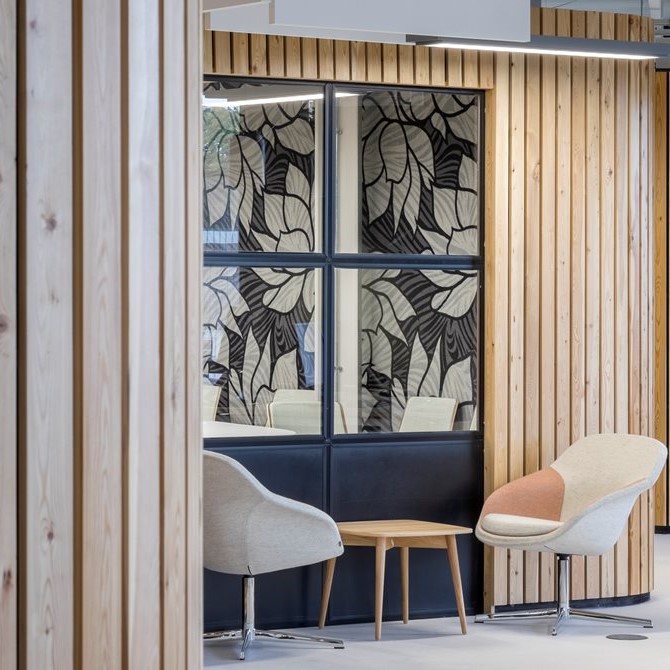To provide the best experiences, we use technologies like cookies to store and/or access device information. Consenting to these technologies will allow us to process data such as browsing behaviour or unique IDs on this site. Not consenting or withdrawing consent, may adversely affect certain features and functions.
The technical storage or access is strictly necessary for the legitimate purpose of enabling the use of a specific service explicitly requested by the subscriber or user, or for the sole purpose of carrying out the transmission of a communication over an electronic communications network.
The technical storage or access is necessary for the legitimate purpose of storing preferences that are not requested by the subscriber or user.
The technical storage or access that is used exclusively for statistical purposes.
The technical storage or access that is used exclusively for anonymous statistical purposes. Without a subpoena, voluntary compliance on the part of your Internet Service Provider, or additional records from a third party, information stored or retrieved for this purpose alone cannot usually be used to identify you.
The technical storage or access is required to create user profiles to send advertising, or to track the user on a website or across several websites for similar marketing purposes.
 It’s been a year since the launch of the Mayor of London’s smart city roadmap, designed to transform the capital into the smartest city in the world. But twelve months later, is the city any smarter? The Mayor of London’s smart city roadmap is proposing to transform the capital into the smartest city in the world, and as part of the initiative, Sadiq Khan appointed his first Chief Digital Officer to help steer the plan to focus on knowledge and technical advancements that will make life easier for London’s citizens. More →
It’s been a year since the launch of the Mayor of London’s smart city roadmap, designed to transform the capital into the smartest city in the world. But twelve months later, is the city any smarter? The Mayor of London’s smart city roadmap is proposing to transform the capital into the smartest city in the world, and as part of the initiative, Sadiq Khan appointed his first Chief Digital Officer to help steer the plan to focus on knowledge and technical advancements that will make life easier for London’s citizens. More →



































August 16, 2019
Office design has a role to play in reflecting neurological differences
by Julian Sharpe • Comment, Workplace design